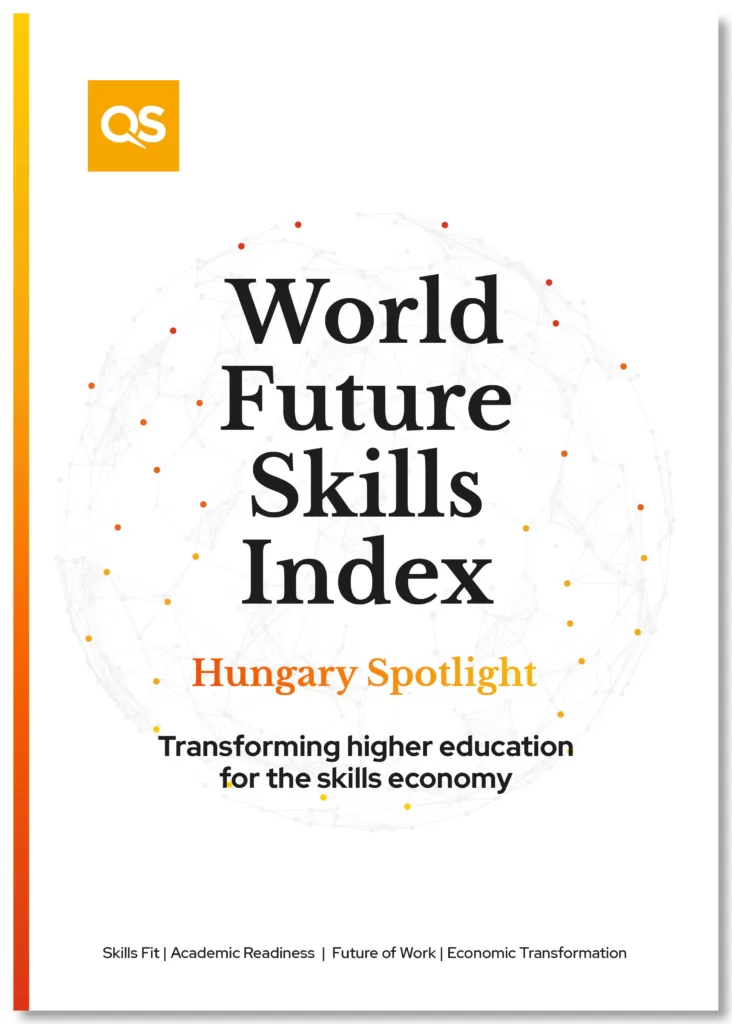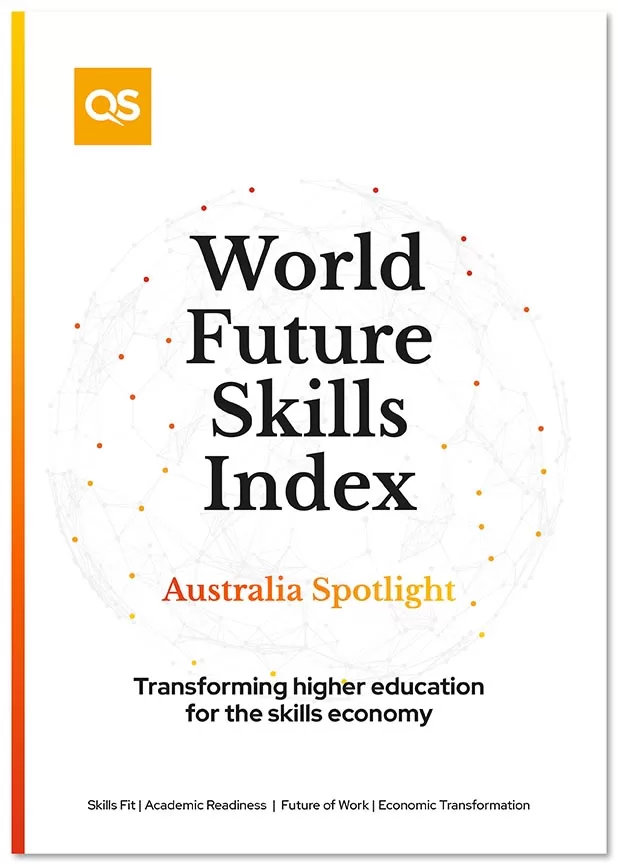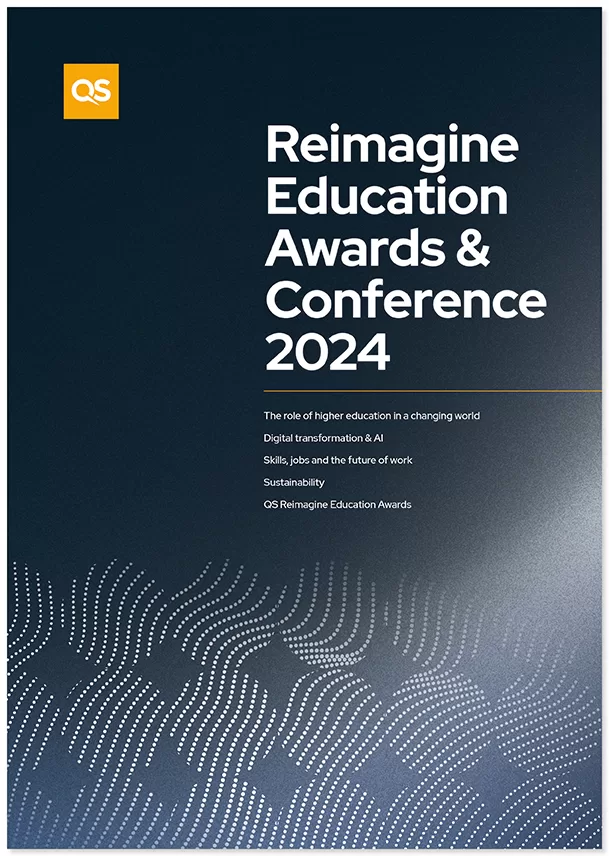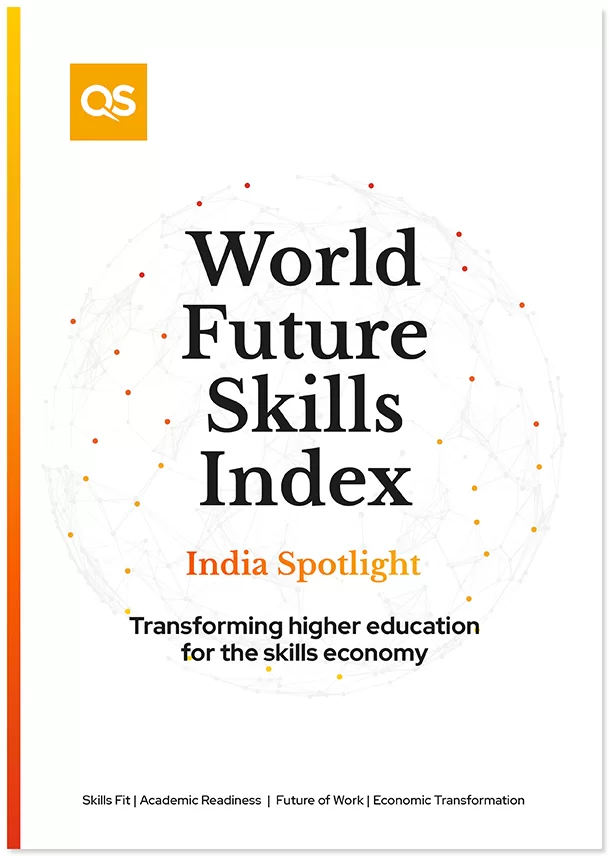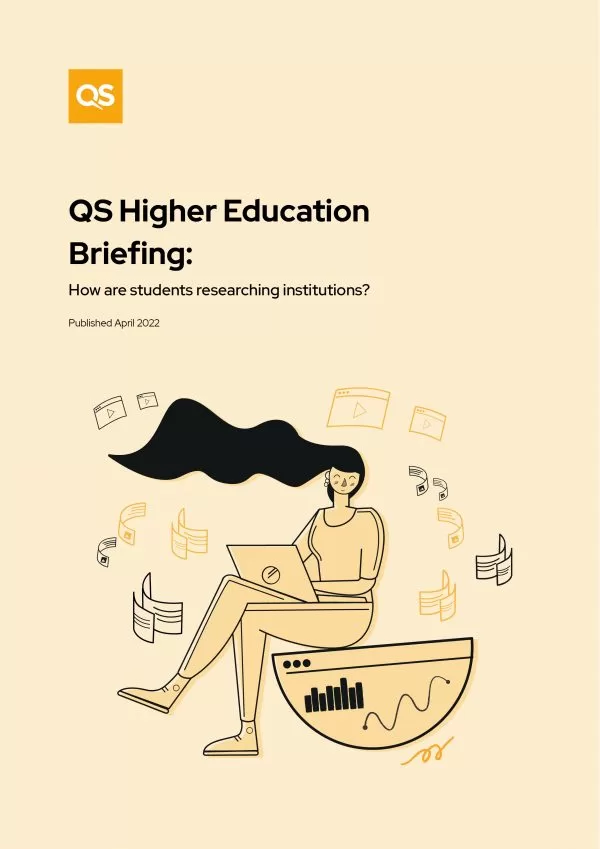
Welcome to this month’s QS Higher Education Briefing: an opportunity for higher education institutions to discover the latest insights from QS.
In this briefing, you will find the results of a survey conducted by QS in which prospective international students from across the globe were asked about their approach to researching institutions.
The data reflects:
- Which methods are students using to research universities online in particular
- At what stage of the research process students would prefer to talk face-to-face with a current student or advisor
- Whether students prefer virtual or in-person fairs and their reasons for this
- How students are researching different universities today
